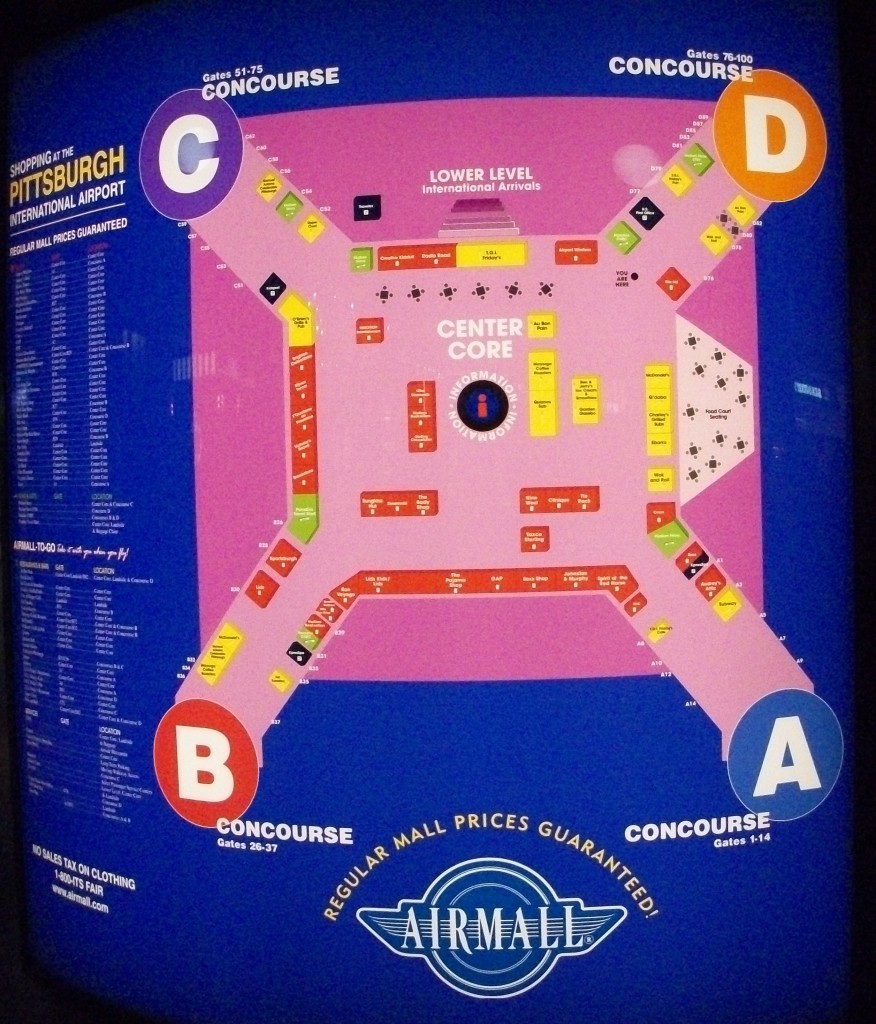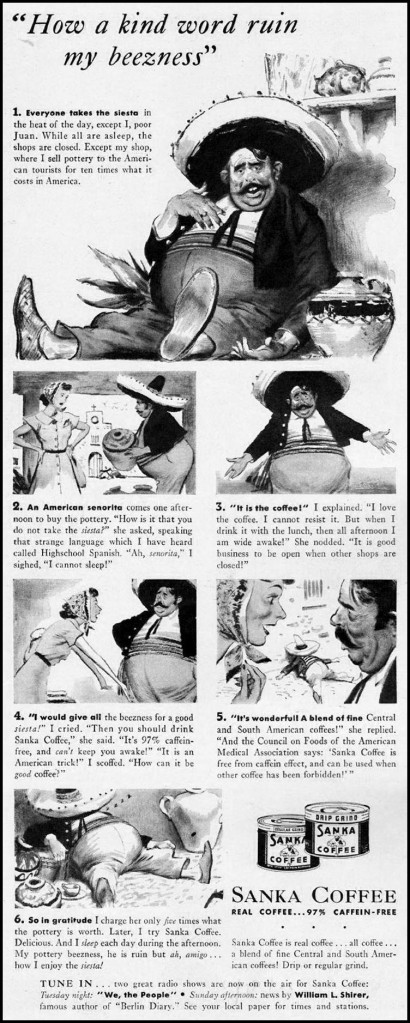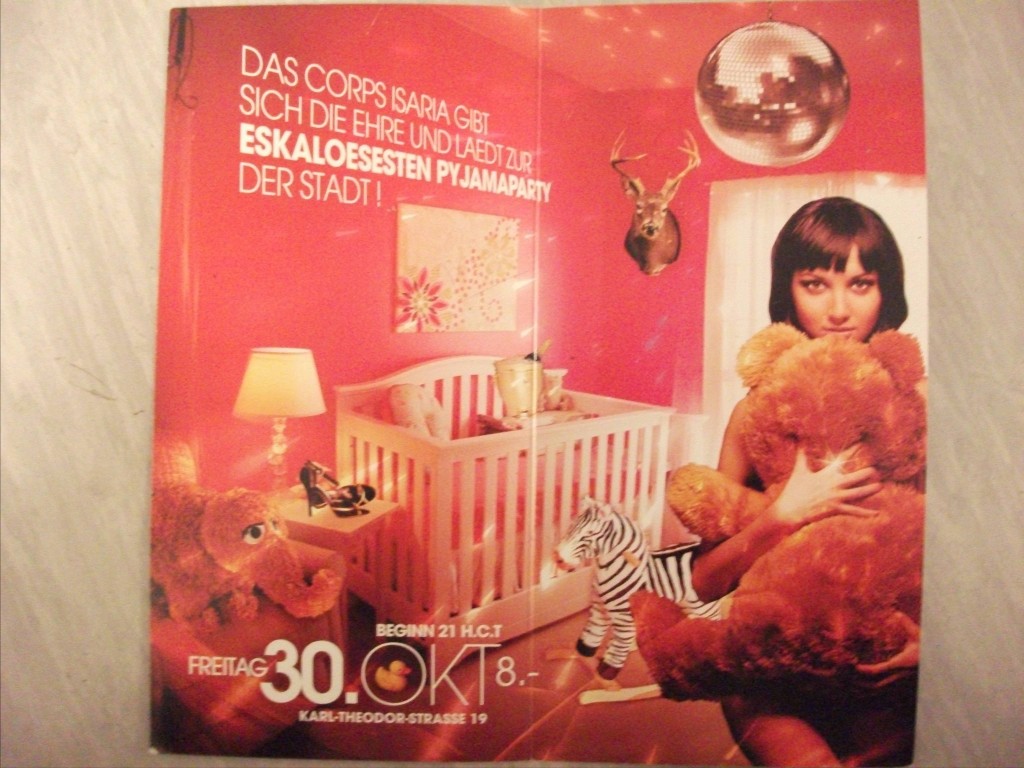I was at the Pittsburgh airport last week and I saw this concourse map and I thought to myself, “Wow, they used pink and they’re not trying to signify WOMAN! That’s something else!”

Then I looked closer and noticed that this concourse map was specifically for the shopping in the concourse. Notice it’s a map of the “AirMall”:

Sigh.
Rebecca H. sent us a link to the Clorox website and I thought “Holy Moly! There is actually a MAN on a cleaning product website!” (in the lower right):
Then I looked closer and realized that the man in question is a gay man famous for being on Queer Eye for the Straight Guy.
Sigh.
Two opportunities for suffocating stereotypes to be undermined; two opportunities lost.
—————————
Lisa Wade is a professor of sociology at Occidental College. You can follow her on Twitter and Facebook.





